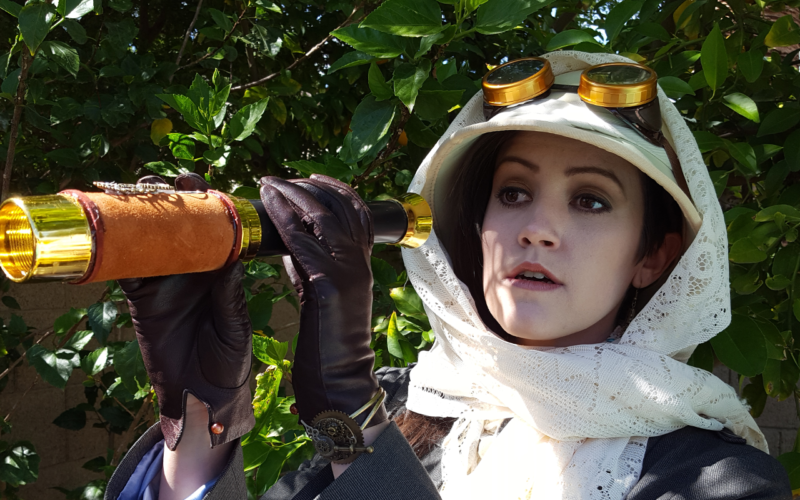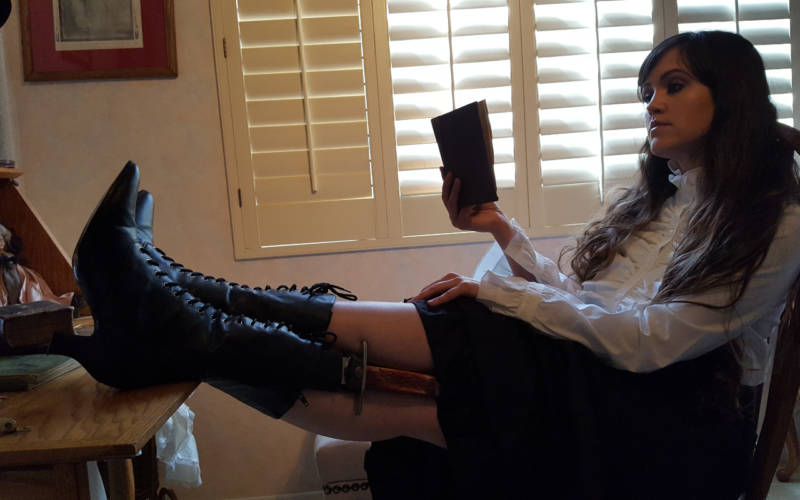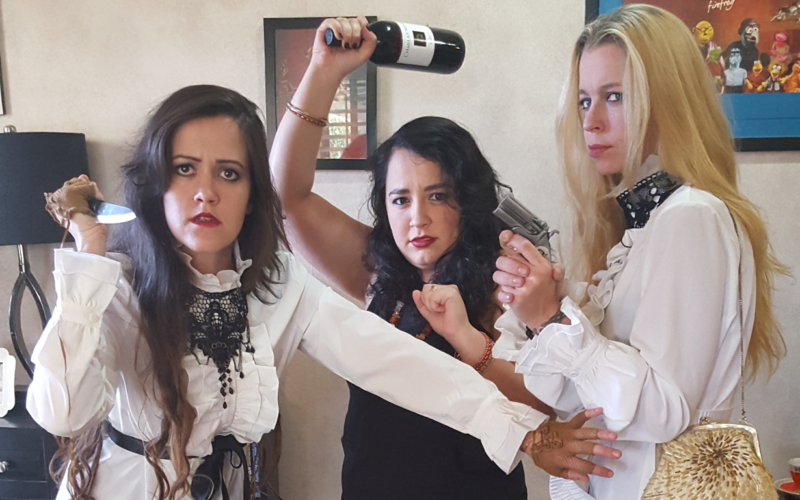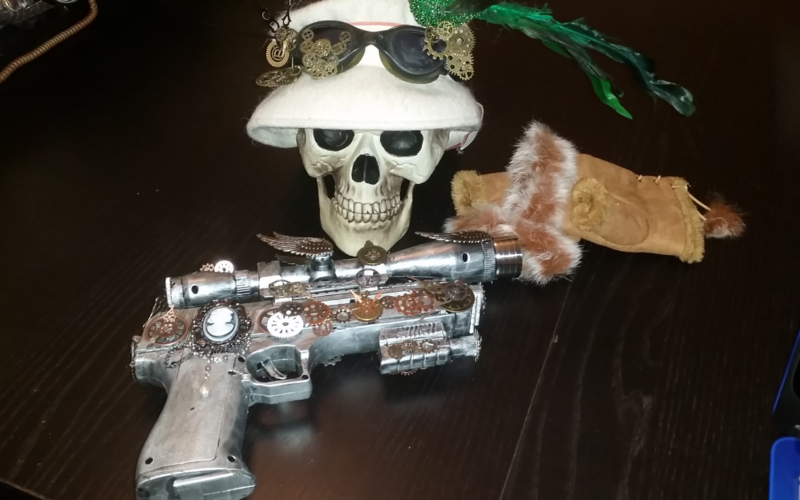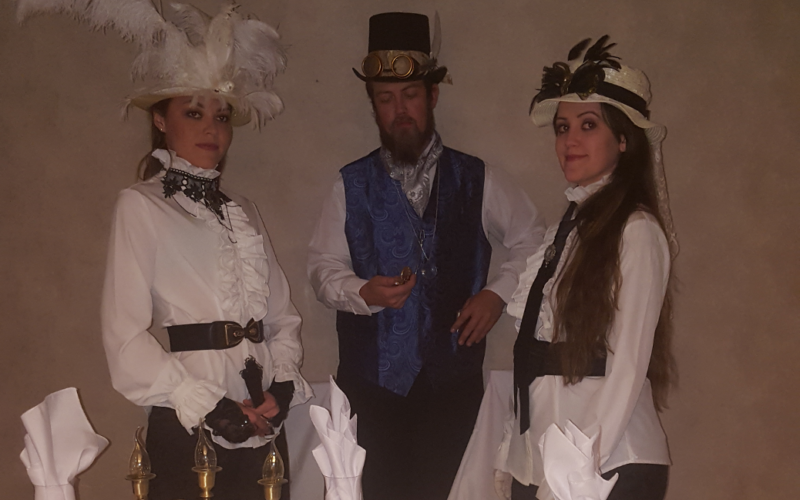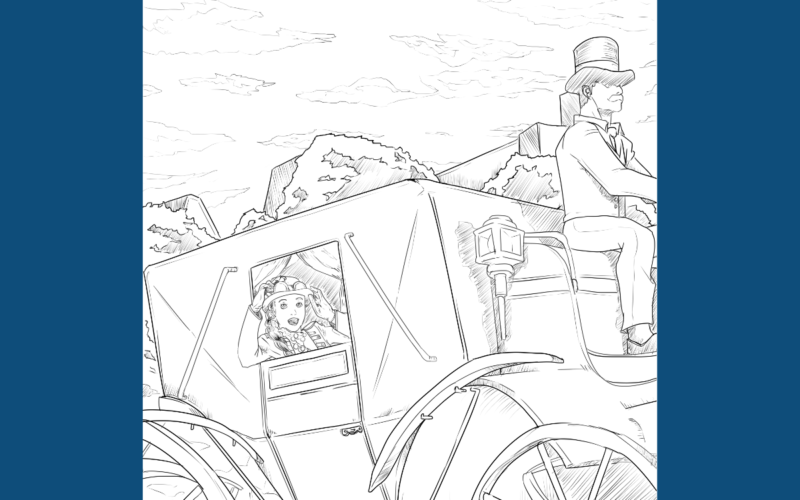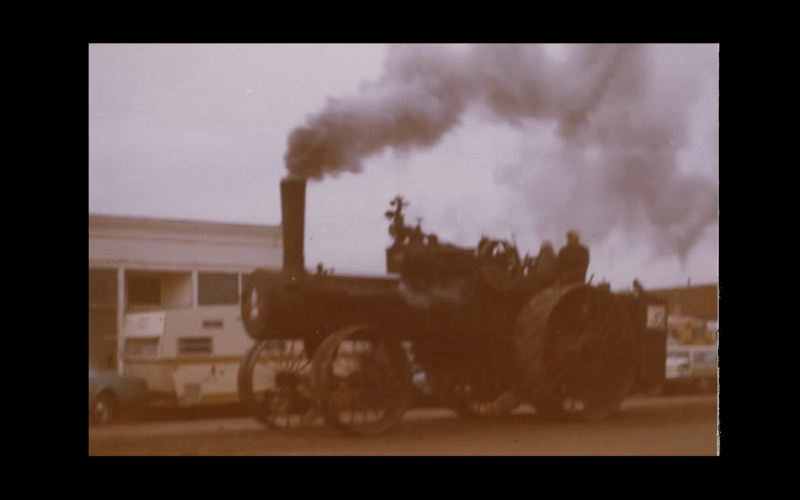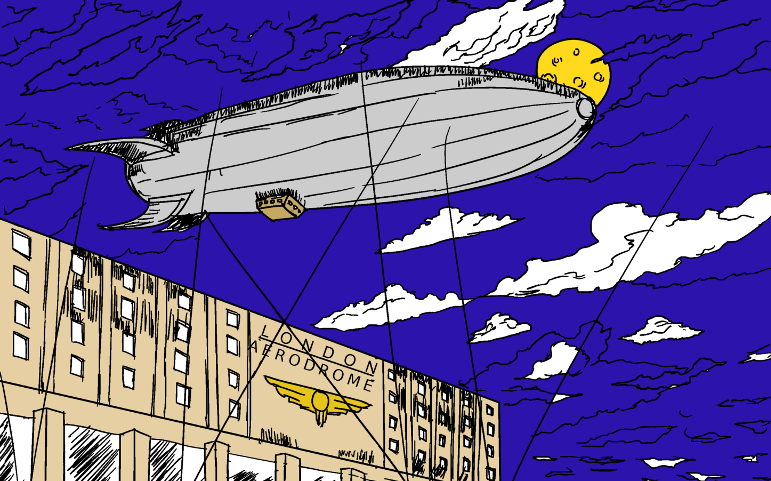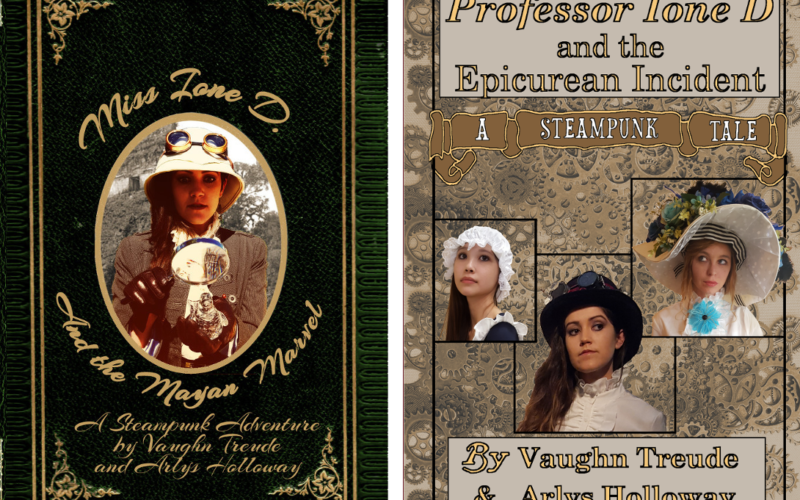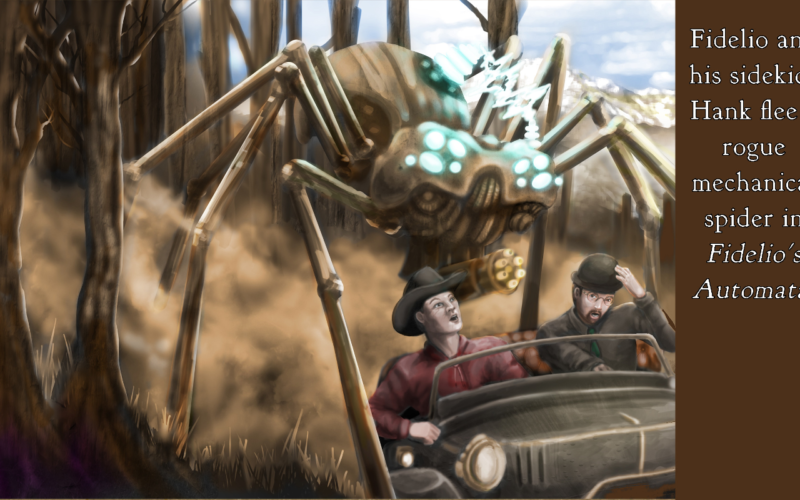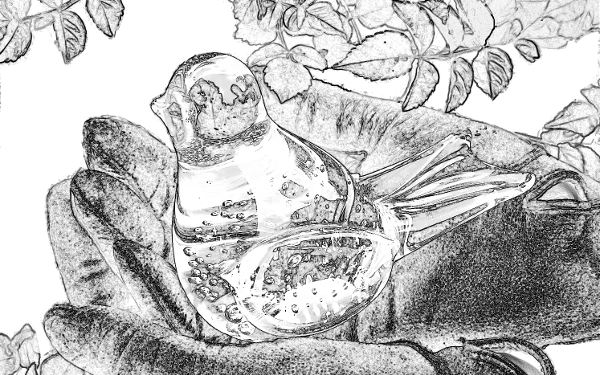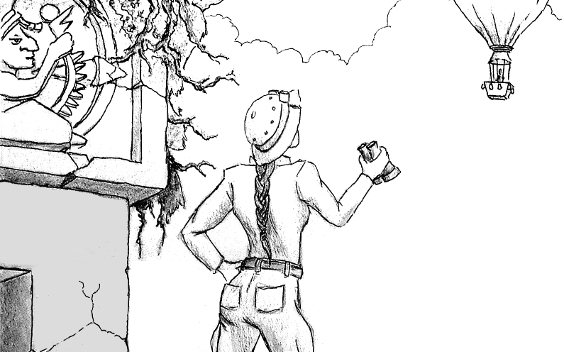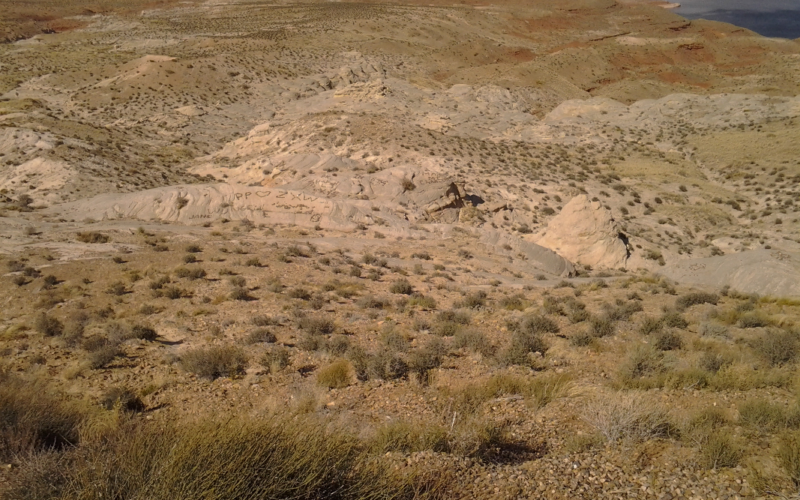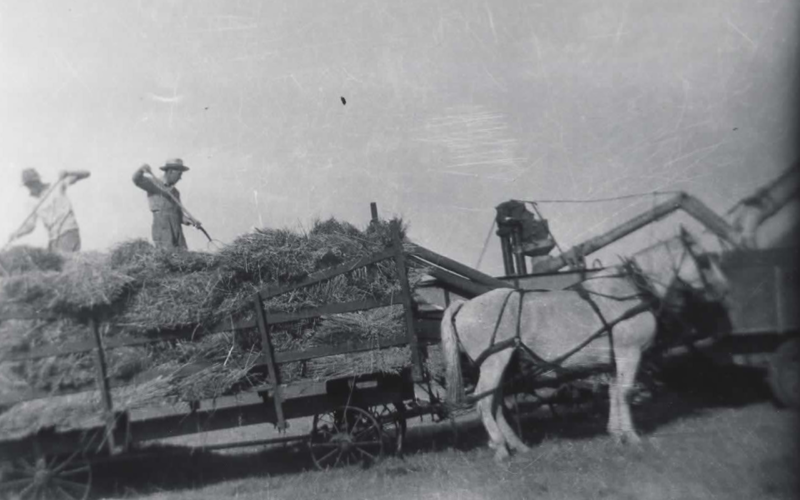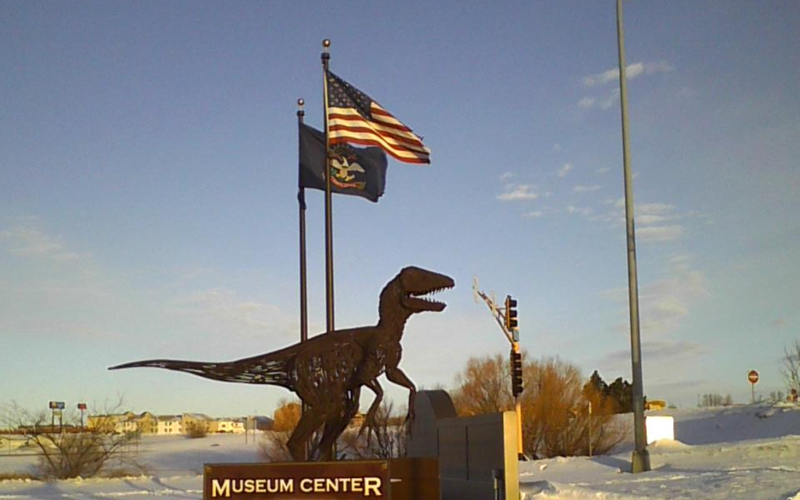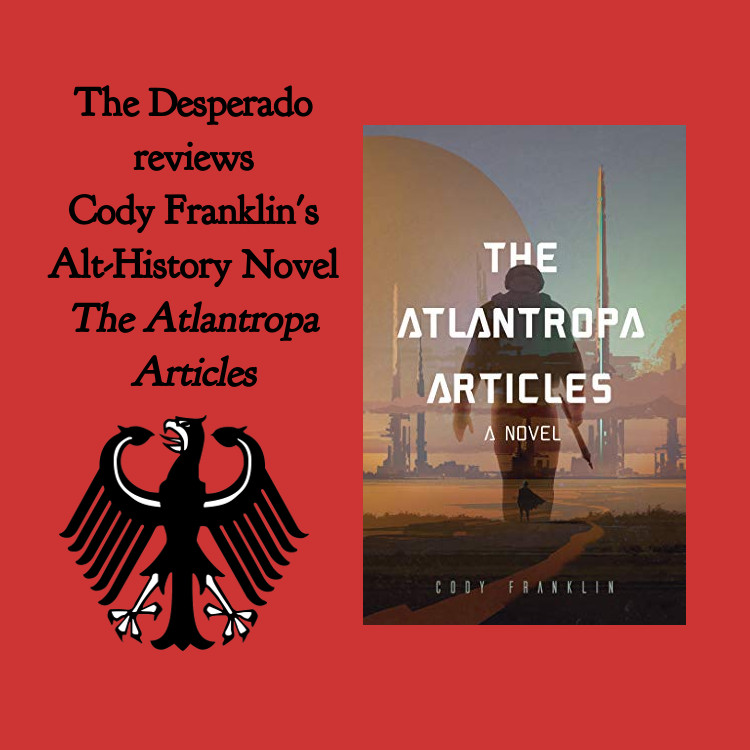
One of my goals as a reviewer is to bring attention to original works by up-and-coming authors. I encountered The Atlantropa Articles through Cody Franklin’s a YouTube channel, “Alternative History Hub.” His videos are interesting speculations on how history could have gone differently if various different scenarios came to pass. This, his first novel (2018) follows one of those speculations. It is a thousand years since the Nazis won the war in Europe. But instead of conquering the world, the Reich implements the most ambitious engineering project in human history – the draining and reclamation of the Mediterranean Sea to create a land called Atlantropa.

Map of the “real” Atlantropa by Ittiz at en.wikipedia.
License: Creative Commons Attribution 3.0 Unported
It’s interesting to note that the Atlantropa Project was an actual proposal by German architect Herman Sörgel in the 1920’s. He advocated building a dam at the straits of Gibraltar and lowering the Mediterranean to reclaim millions of acres of land. In the novel, the Germans dry up the sea completely, turning it into a fierce desert called the Kiln.
The story follows two brothers assigned to the sand ship Howling Dark, which patrols the sea bottom defending the frontiers of the Reich. The elder brother Ansel is the ship’s captain, a hard-bitten cynic who smokes, drinks, and consorts with prostitutes. His younger brother Ulrich is a clean-living SS Knight who chastises his brother for his immoral and violent behavior.
Though the Nazis have brought peace to Europe, technology has stalled under their reign. One of their few advances is in space weaponry, the dreaded “Aegir Drop.” This artificial meteor can destroy the enemies of the Reich with great precision. It is the SS knight’s duty to order such a strike when needed. Ansel views it as a coward’s solution; any capable leader should be able to easily defeat the motley sand raiders of the Kiln. His refusal to allow Ulrich to call the drop leads to tragic consequences and intensifies the conflict between the brothers.
The book has good pacing, a fair bit of action, and characters who are three-dimensional, not the goose-stepping stereotypes one might expect. Unfortunately, the story is also a bit predictable. Once we meet the idealistic Ulrich, we suspect that the book is about upending fictional tropes. Also, the author misses the opportunity to make Atlantropa more interesting by leaving parts of the sea in place. If there were inhabited oases and productive mines, the Kiln might be more worth defending. Otherwise, why would the Germans have not re-flooded the basin long ago?
Despite these issues, The Atlantropa Articles is a fairly impressive first novel. I would recommend it my to fellow alternate history buffs, and sci-fi fans looking for something out of the ordinary. I give it a rating of 4 out of 5 gears.



